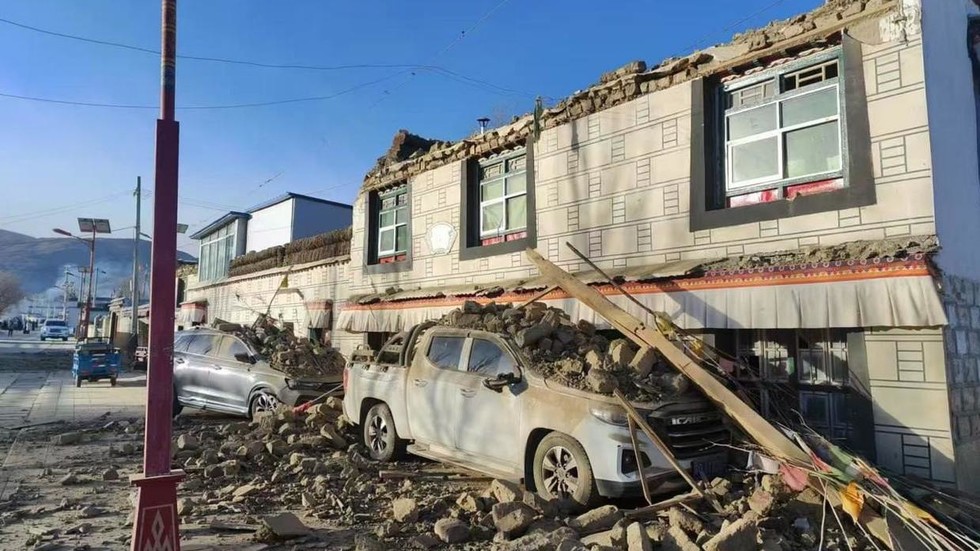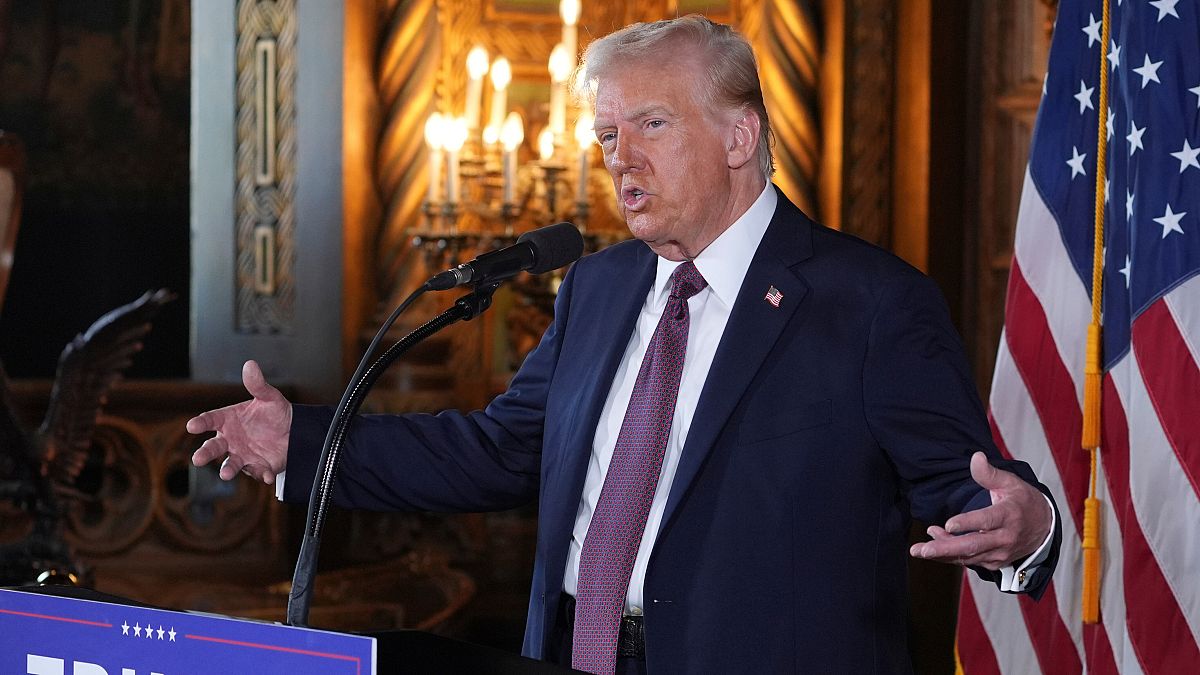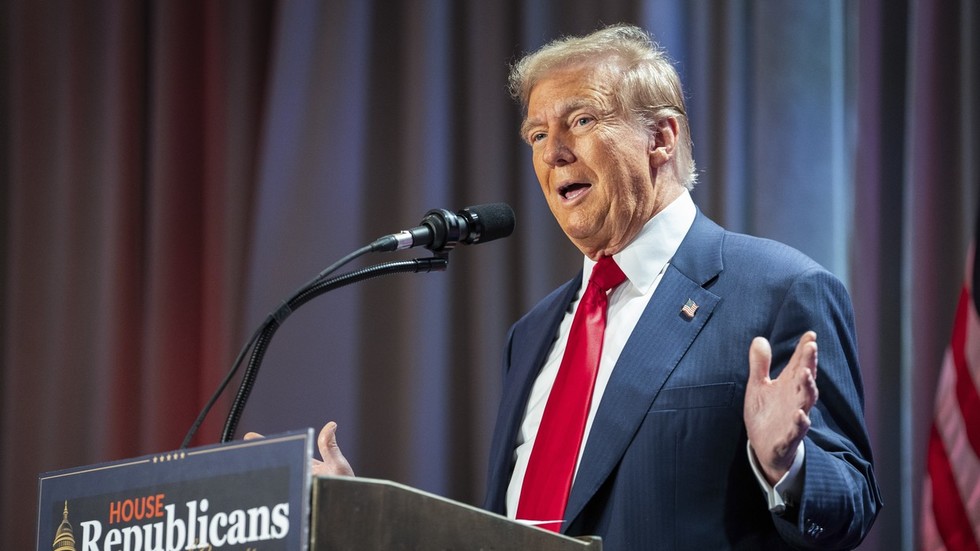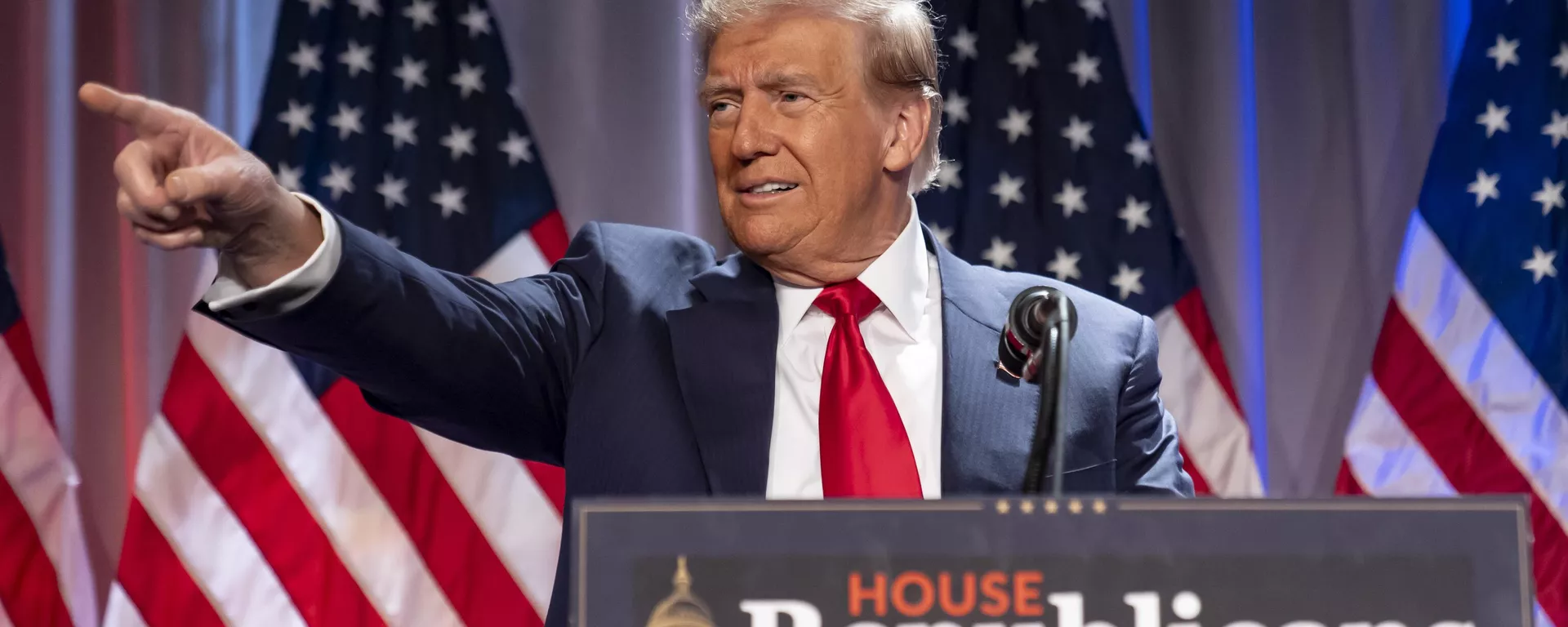The document outlines strategies to improve interagency coordination and intelligence-sharing with allies to prepare for simultaneous crises involving major adversaries.
President Joe Biden has approved a classified national security memorandum designed to serve as a roadmap for the incoming Trump administration to address the growing coordination among China, Iran, North Korea, and Russia.
Announcing the document on Wednesday, the White House said it aims to provide a foundation for the new administration to handle these alliances effectively from its first day in office.
The memorandum, developed over the summer by Biden’s administration officials, includes four key recommendations: enhancing interagency cooperation within the US government, expediting intelligence-sharing with allies, optimising the use of sanctions and economic measures, and preparing for simultaneous crises involving the four adversaries.
Officials, speaking to the Associated Press anonymously in accordance with White House guidelines, stated that the memorandum would remain classified due to the sensitive findings it contains.
They noted that Russia, which has been largely isolated from the West since its 2022 invasion of Ukraine, has turned to Iran for drones and missiles and to North Korea for artillery, missiles, and even troops. China has supplied Russia with dual-use components, while Russia has supported Iran’s missile defence and space programmes and provided fighter jets.
North Korea has benefited from Russian fuel and funding to expand its manufacturing and military capacities, with officials stating that Moscow has effectively recognised North Korea as a nuclear weapon state.
China and Russia, meanwhile, continue to deepen their military cooperation, including joint patrols in the Arctic.
Despite radically different worldviews, senior figures in the Biden administration and the incoming Trump team are engaging in discussions to ensure continuity on national security matters during the transition.

 3 weeks ago
8
3 weeks ago
8






 We deliver critical software at unparalleled value and speed to help your business thrive
We deliver critical software at unparalleled value and speed to help your business thrive






 English (US) ·
English (US) ·